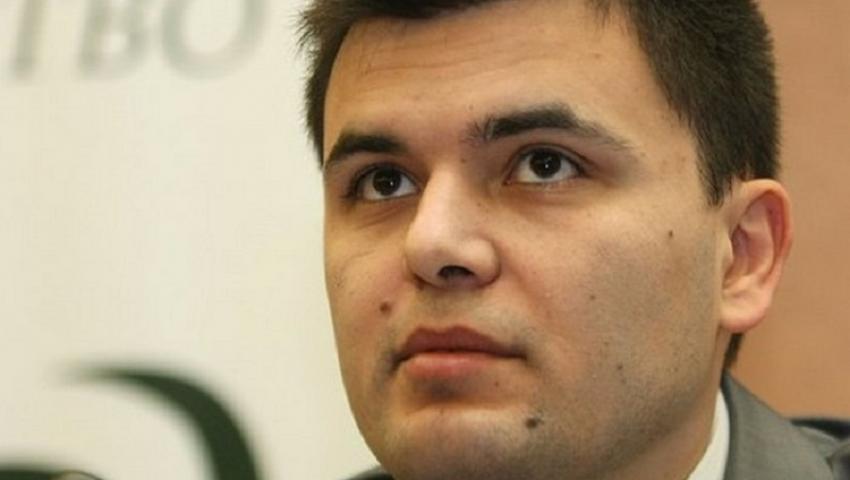Lachezar Bogdanov: The moratorium on electricity, water and heating prices hits the authority of the EWRC
Reserves in the system and an effective support system, not a strange moratorium, can solve the problems with electricity and heating prices

For 30 years now, we have been solving social problems by hitting the market logic, the economic logic, with a heavy hammer and a stick. This was commented to BNR by the chief economist of the Institute for Market Economics Lachezar Bogdanov. According to him, the moratorium on the prices of electricity, water and heating strikes at the authority of the EWRC as an independent regulator.
There is a psychosis about the prices of electricity and heating, and no one is worried about people who heat with other energy sources, Bogdanov said in the program "Before All". According to him, there is a reflex from the earlier years of the transition and fixation only on the prices of electricity and heating.
"There is a semi-mystical situation whenever we talk about prices. This is amplified by media noise, by some created drama, "Bogdanov commented.
He sees the problem in refusing to have an effective system to help the energy poor, which blocks economic logic in setting energy prices.
Instead of touching prices, modern governance implies a good system of helping people who have difficulty paying for their heating - for example, through a broader and well-structured energy aid program to compensate for rising energy prices, the economist said.
We are moving towards a situation in which there will be a similar debate for each sector, for each product, Bogdanov said about the option to seek a solution through the reduction of VAT. He described it as a "dangerous step".
It is quite possible within the existing legislation, and not with a strange moratorium, to use reserves within the system, explained Lachezar Bogdanov.
"Some of the companies - those that produce electricity, have record profits. Part of this resource - these are state-owned companies - can be used to compensate businesses, including ERPs, for which this price increase was requested."
Now the prices are kept with the moratorium, and then they will have to increase more due to the accumulated losses of the companies.
Lachezar Bogdanov emphasizes that either through mechanisms within the energy system, or directly through the budget - with a fiscal measure for a type of state aid, there should be an infusion of resources into the system.
"Some kind of state aid to compensate for these market changes and rising energy costs. There is no way the government can avoid this circumvention."
